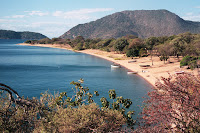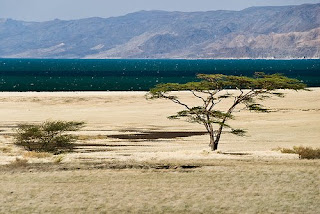Malawi's Quest for Oil

Lake Malawi Malawi needs to find means to uplift its 15 million plus citizen's lives out of the abject poverty and misery that most live in. The small, landlocked country, which is very dependent on assistance and aid from foreign countries and international aid agencies, has taken steps and joined the list of East African countries searching for oil. If it can find oil, Malawi (one of the world's most densely populated and least developed countries) has a very good opportunity of very much improving the living standard of its people. But, the country faces a few daunting problems in its quest for oil.





